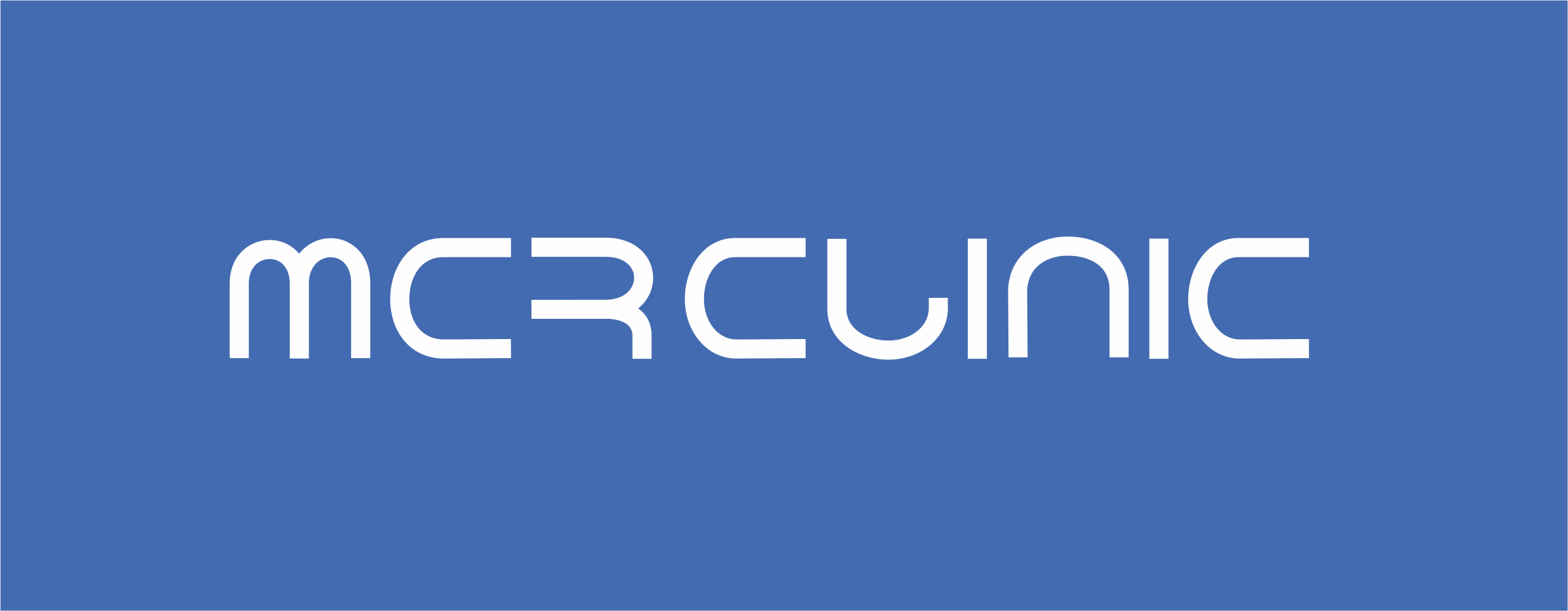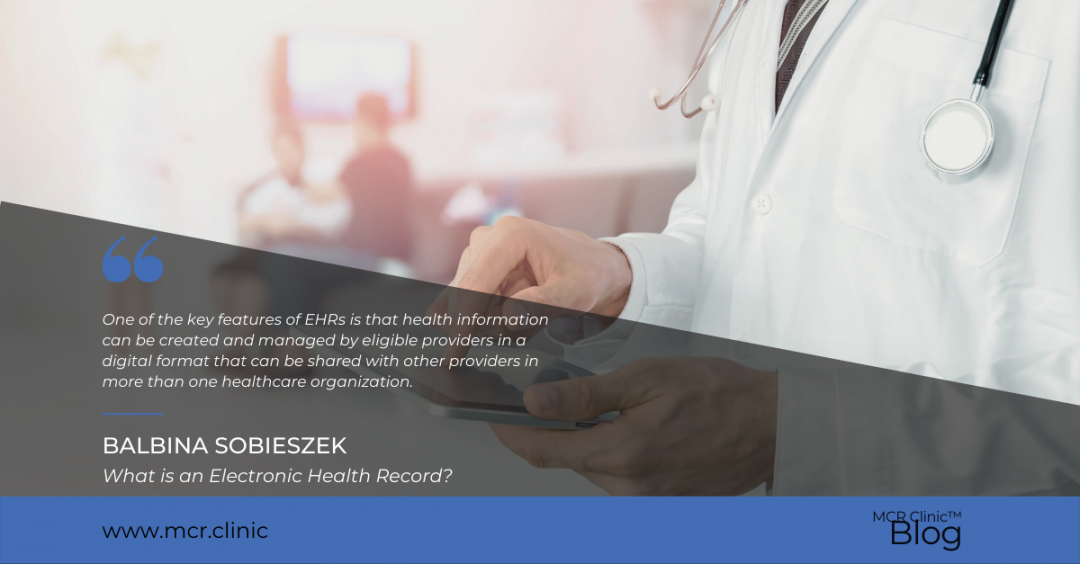The cloud is starting a revolution in clinical research!
Currently, clinical trials are transforming from a paper-based model to an almost entirely electronic system. “Wearables” and the latest smartphone technologies enable electronic data collection directly from clinical trial participants, bypassing many manual and intermediate steps. However, despite the emergence of the “remote patient-centric” clinical trial model, the entire process is quite costly and time-consuming.
One solution to replace the outdated data-driven model while eliminating costly time and labor turns out to be moving clinical trial management into the modern era, the “Cloud”!
In its broad definition, cloud computing is the centralized management of data and applications on virtual or web-based servers.
The Cloud has incredible potential to provide clinical trial sponsors and CROs with an incredible opportunity to improve services for their clients and sites, to share information more easily than ever before, and to improve operational efficiency at the same time.
Cloud-based Electronic Data Capture (EDC) systems enable real-time data acquisition and transmission, as well as immediate feedback. In addition to better data quality, cloud-based systems allow global, multi-center and multi-lingual studies to be organized in a single database.
Reduce clinical trial costs
Faster studies usually translate into reduced time and inevitable costs. An added advantage of cloud-based technologies is that they are typically customizable and have pay-as-you-go functionality. Some cloud-based EDC systems can even provide basic technology for low budgets with additional features. This allows Sponsors to effectively manage the trial budget and clinical staff to have more independence in building and managing the trial.
Cloud-based EDC systems typically require minimal training due to high usability and packaged e-learning solutions, which not only reduces training costs but also logistical training expenses.
Protecting patient data
Data maintained in the cloud may contain personal, private, or confidential information that requires appropriate protections. Perhaps one of the biggest advantages of a centralized cloud, is the ability to apply multiple layers of security to sensitive patient data. Cloud providers can implement security measures, including user and password protection and HTTPS connections, to ensure secure and private data transfers to meet stringent data privacy regulations.
What does the future of the cloud look like in clinical trials?
Modern clinical trial management systems offer comprehensive solutions for all clinical trial stakeholders. They remove divisions, increase visibility, and facilitate the centralized monitoring and oversight required to properly manage trials.
By reducing processing time and streamlining trial administration, they help solve the time and financial challenges that plague CROs when running clinical trials. Working with a partner, CROs can configure and integrate a cloud-based solution that works best for them.
Misconceptions about the risks associated with moving to the cloud continue to influence perceptions of the technology’s ability to transform clinical trials, but these concerns will subside as the benefits become more widely felt across the industry.
Sources:
- https://www.cleardata.com/news/cloud-clinical-trial-revolution/
- https://www.clinicalleader.com/doc/pioneering-cloud-computing-for-clinical-trials-0002
- https://www.nearform.com/blog/5-benefits-of-cloud-based-clinical-trials/




